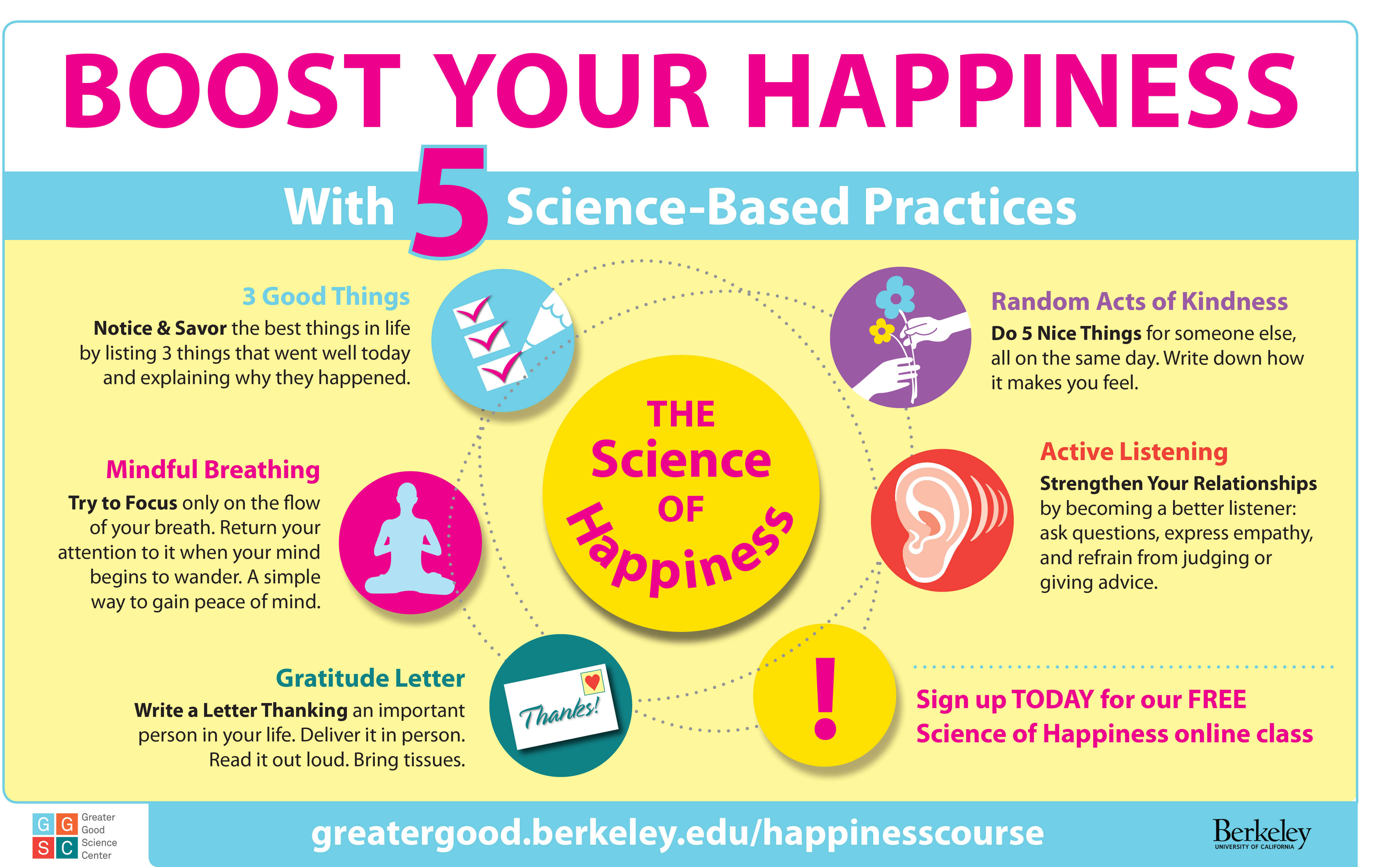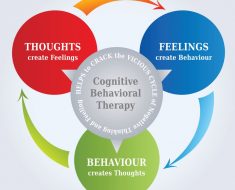Memory Training
Effective Strategies for Improving Short-Term and Long-Term Memory
The human brain has an incredible capacity for memory, but unfortunately, it doesn’t always work as effectively as we’d like it to. Both short-term and long-term memory can be affected by a number of factors, including stress, lack of sleep, and aging. Fortunately, there are a number of effective strategies that can help improve memory function. Some of these strategies include practicing good sleep hygiene, staying physically active, practicing mindfulness and meditation, and engaging in regular brain training exercises. Additionally, cognitive-behavioral therapy has been shown to be effective in helping people with memory problems. Memory Training Another key strategy is to use mnemonic devices or memory aids. These can take a variety of forms, including visual memory aids, acronyms, and rhyming phrases. Finally, it’s important to maintain a healthy lifestyle that includes a balanced diet, regular exercise, and stress management techniques. By incorporating these strategies into our daily lives, we can improve our short-term and long-term memory function, and enjoy a
Proven Habits to Boost Your Memory: Tips for Improving Short-Term and Long-Term Recall
In today’s fast-paced world, it is crucial to have a sharp and reliable memory. From work projects to personal errands, keeping track of important information can be challenging at times. Fortunately, there are proven habits that can help boost your memory and improve your short-term and long-term recall. One of the most important things you can do for your memory is to get enough sleep. A good night’s rest allows your brain to consolidate memories and strengthen the connections between neurons. Additionally, physical exercise has been found to not only improve overall cognitive function but also increase the size of the hippocampus, Memory Training the area of the brain that is responsible for memory. It is also essential to maintain a healthy diet, including foods that are rich in omega-3 fatty acids, which have been linked to improved memory performance. Other habits that can help boost your memory include engaging in mentally stimulating activities, such as puzzles and games, and practicing mindfulness and meditation to reduce stress and improve focus. By incorporating these proven habits into
Expert Tips: How to Sleep, Water, Exercise, and Salt Can Improve Your Memory

Memory is one of the most important cognitive processes that is responsible for storing and retrieving information from the brain. The ability to remember, recall, and retain information is vital for personal and professional success, and can often be improved through various lifestyle changes. Experts suggest that proper sleep, hydration, regular exercise, and a balanced diet rich in salt can significantly enhance memory function. Sleep facilitates the consolidation process of memory that occurs during the brain’s downtime, Memory Training allowing it to assign new information to long-term memory storage. Drinking water is critical in maintaining proper brain function as dehydration can cause fatigue and cognitive impairment, negatively affecting memory. Exercise promotes blood flow to the brain, releasing chemicals that improve neuron function and the creation of new neural pathways. Lastly, salt is essential for maintaining electrolyte balance in the body, improving brain function, and preventing cognitive decline. By prioritizing these lifestyle changes, individuals can significantly improve their memory function and lead more fulfilling life.
Salt and Stress: How they Affect Your Memory and What to Avoid
Memory is a critical component of our lives that enables us to recall past experiences, learn new skills, and make informed decisions. However, there are several factors that can impact our memory, including salt and stress. While salt is an essential nutrient required for various bodily functions, high salt intake can lead to cognitive impairments such as reduced attention span and memory deficits. On the other hand, stress has been shown to have a significant impact on memory, with chronic stress leading to memory impairments and a reduced ability to learn and form new memories. Thus, avoiding high salt intake and managing stress levels can help protect and improve our memory. Consuming a balanced diet with reduced salt intake, engaging in regular physical exercise, and practicing stress-reducing techniques such as yoga or meditation are some of the ways to promote better memory and overall well-being. Therefore, by understanding the impact of salt and stress on memory and taking appropriate measures, we can safeguard our cognitive health and improve our quality of life.
Healthy Habits to Boost Memory: Avoid Excessive Sugar and Alcohol
Healthy habits play a vital role in ensuring that our cognitive abilities remain in good shape. Among the various habits that individuals can adopt to boost their memory, avoiding excessive sugar and alcohol consumption is particularly important. Excessive sugar intake can lead to a drop in cognitive function and memory, contributing to conditions such as dementia and Alzheimer’s disease. On the other hand, excessive alcohol consumption can lead to a range of neurological issues, including memory loss, and can even cause permanent brain damage. Therefore, it is essential to maintain a healthy lifestyle that includes adequate exercise, a balanced diet, and limited sugar and alcohol intake. Adopting such habits can significantly improve one’s cognitive abilities and help to preserve memory function as individuals age. By taking steps to reduce the consumption of sugar and alcohol, we can prioritize our cognitive health, ensuring that our memories remain sharp for years to come.
Using Visualization Techniques and Mind Palace to Improve Memory Retention
Our memory is one of the most critical components of our cognitive function. It enables us to recall information, experiences, and events that shape our lives. For many, improving memory retention can be a challenging task, as it requires developing an effective strategy for enhancing our ability to recall information. One such strategy is the use of visualization techniques and the mind palace method. The visualization technique involves the creation of mental images that can be easily remembered. It helps to improve memory retention by making it more engaging and memorable. On the other hand, the mind palace technique involves creating an imaginary place in your mind where you can store information to be remembered. By associating different pieces of information with different rooms in your mind palace, you can more easily recall them later. Both techniques work by creating strong associations between information and memorable mental images or places, which can help to bolster memory retention. To use these techniques effectively, it is important to practice regularly and consistently, creating visualizations or mind palaces for new information learned
Mind Palace: A Powerful Technique to Improve Memory Retention and Recall
Mind Palace, also known as the Method of Loci, is a powerful technique that can significantly enhance memory retention and recall. The idea behind the Mind Palace is simple yet effective; it involves visualizing a familiar place, such as a childhood home or a favorite park, and mentally placing specific pieces of information within that space. By mentally associating the information with a location that is already familiar, the brain can easily retrieve and recall the stored information when needed. This technique has been used for centuries by notable figures such as Aristotle and Sherlock Holmes, and it can be applied to a variety of fields Memory Training , from education to business, to personal life. Using the Mind Palace to remember lists, dates, names, and other seemingly mundane details can be a game-changer, allowing individuals to improve their memory retention, recall information with ease, and ultimately improve their productivity and overall performance. Moreover, the Mind Palace technique is not limited to traditional memory techniques; it can be adapted to suit different learning styles, including auditory
Boost Your Memory with Mind Palace Method and Hydration: Expert Tips
In today’s fast-paced world, a sharp memory is a valuable asset that can serve you well in both personal and professional aspects of your life. If you’re looking to enhance your memory capacity, the mind palace method and hydration are two expert tips that can significantly boost your memory. The mind palace method, also known as the memory palace technique or the method of loci, is a memory enhancement strategy that involves associating the information with vivid mental images of familiar locations. By creating a mental palace, you can remember a large amount of information by associating each piece of data with a specific location in the palace. Additionally, Memory Training staying hydrated can also play a crucial role in boosting your memory capacity. When your brain is dehydrated, it can’t function optimally, leading to memory lapses and difficulty concentrating. By drinking enough water throughout the day, you can keep your brain functioning at its best and improve your memory. In conclusion, by adopting these two expert tips, you’ll be able to improve
Read More: How your brain’s executive function works — and how to improve it | Sabine Doebel






